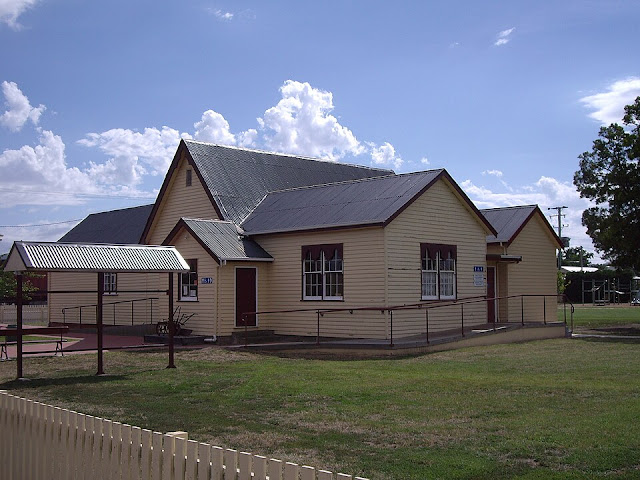dunalley weekly forecast ghostwriter Nestled on the narrow isthmus that links the Forestier Peninsula to mainland Tasmania, Dunalley is a quiet fishing village with history, charm, and a strategic position for travellers heading toward Port Arthur or the east coast. The town is bisected by the Denison Canal , a hand-dug waterway (opened in 1905) connecting Frederick Henry Bay and Blackman Bay, complete with a working swing bridge that allows boats to pass. Although small (population around 300), Dunalley is well-known for its hospitality, fresh seafood, and beautiful scenery. It’s a natural rest stop between Hobart and the Tasman Peninsula , and makes an ideal base for exploring Eaglehawk Neck, the Tessellated Pavement, and the Port Arthur Historic Site . Things to See and Do Walk the Denison Canal and Swing Bridge – Watch small boats pass and read about the canal’s history on interpretive panels. Bangor Vineyard Shed – A scenic cellar door with ex...







